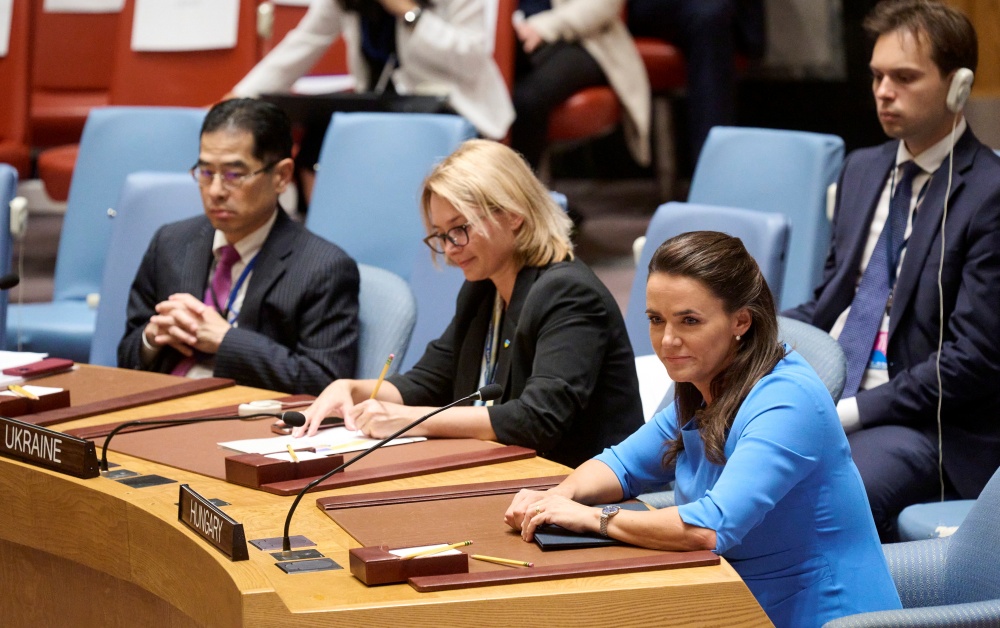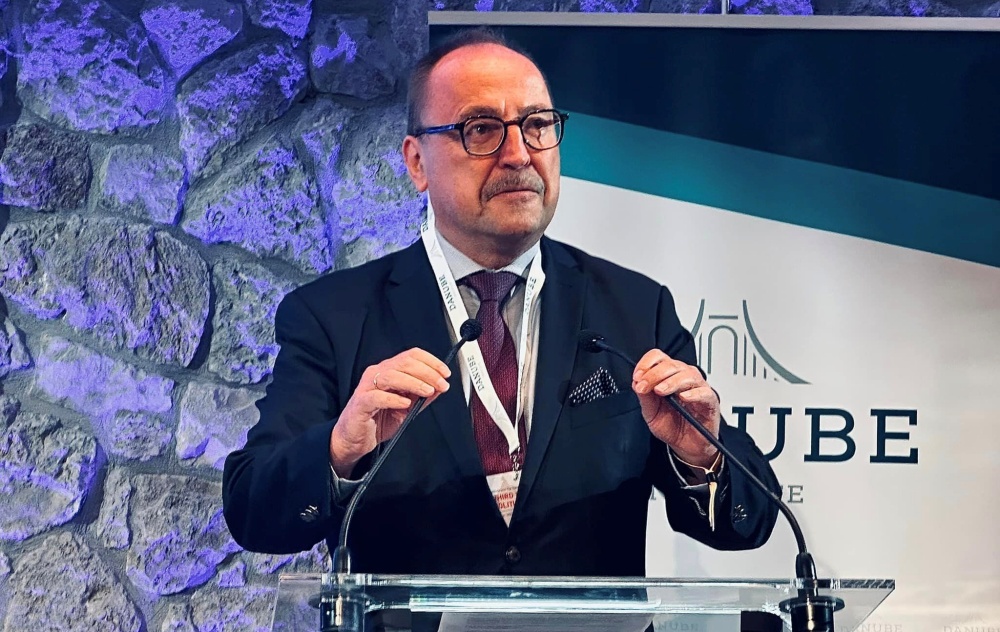
The Hungarian Head of State stated that Hungary welcomes the peace initiative in Ukraine and is open to join the process.Continue reading

The time has come for international diplomacy to work for a more peaceful and unified world order, instead of a dangerous multipolar one, said Zsolt Németh, Chairman of the Foreign Affairs Committee of the Hungarian National Assembly, in his welcome speech at the Third Danube Geopolitical Summit, organized by the Danube Institute in Budapest on Thursday.
According to Zsolt Németh, the main lesson of the international summits held so far in 2023, is that neither the West nor the G7 group of the world’s most advanced industrialized democracies see China as an enemy, but as a rival. Therefore, they wish to cooperate with the country not only economically, but also in the development of a new world order. Also, at the Hiroshima G7 summit, it has been confirmed that Ukraine’s right to self-defense and its desire to regain its territories is recognized, which is in line with the Hungarian position.
The politician believes that two global cooperation groups, the G7 and the BRICS group of major emerging countries, could form poles, but they are willing and eager to engage in dialogue. He stressed that at the BRICS Summit in Johannesburg, they did not take a position in favor of Russia, and cautiously expressed their willingness to continue to cooperate with the G7.
The G20 Summit of the 20 largest developed and emerging countries in India showed that this group is now the key to cooperation between the democratic countries of the global North and South.
Russia and China, however, still do not have much influence there, because they are not backed by a coherent grouping such as the G7 behind the United States. It is therefore not surprising that Russia was represented in New Delhi only by its foreign minister and China only by its prime minister, while the United States was represented at the highest level by President Biden.
Zsolt Németh believes that
the new world order currently taking shape may become less bipolar and more concentric, thus unifying, more like a union.
Referring to the war in Ukraine, the center of geopolitical attention, he said that the Ukrainians had wrongly raised exaggerated expectations about their counter-offensive. As a result, the slow-moving counter-offensive is increasingly seen as a failure, and the Russian propaganda is exploiting this to the fullest. However, he sees the Ukrainians as successfully pushing back the front line from west to east.
At this point, Németh suggests that
world politics should step in and support the proposals of the Ukrainian side and the geopolitical forums.
They both want to see a move towards a more unified world order rather than a polarization. The biggest challenge for international security is whether China can find its place in such a new world order. He hopes it probably can, because otherwise it could risk disrupting international cooperation if it remains forced into an alliance with Russia. Furthermore, if that were to happen, the whole world will pay a huge price.
Via MTI, Featured image: Facebook/Németh Zsolt